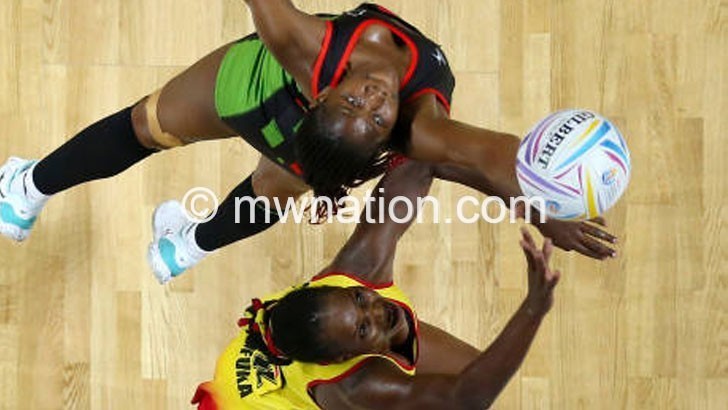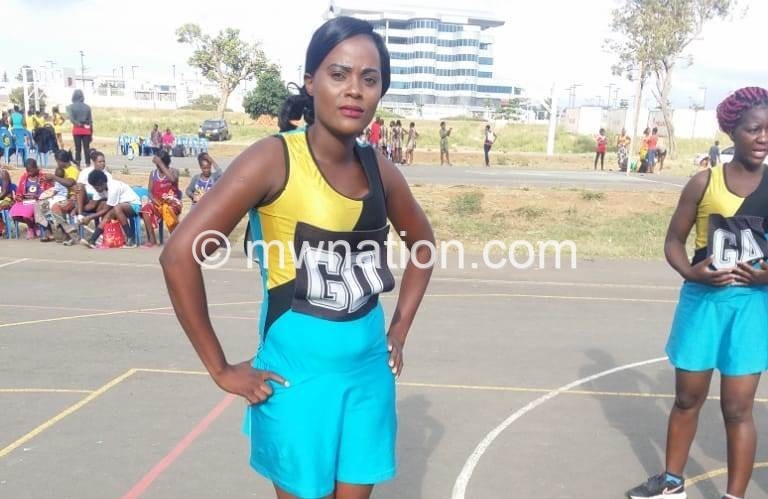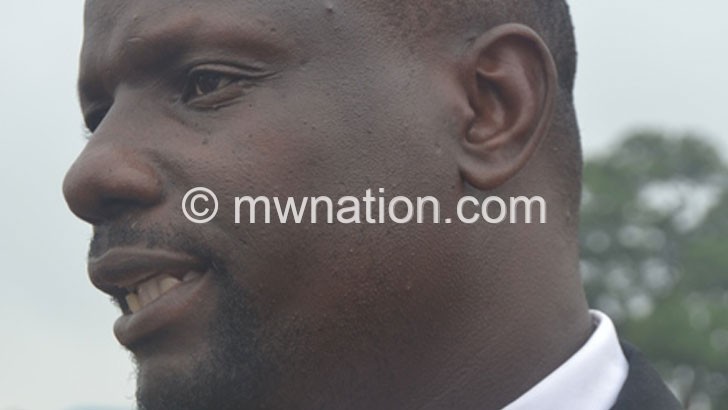Malawi sports lacks knowledge
 Former United Nations Secretary General Kofi Annan was once quoted saying “Knowledge is power. Information is liberating. Education is the premise of progress in every society and industry.â€
Former United Nations Secretary General Kofi Annan was once quoted saying “Knowledge is power. Information is liberating. Education is the premise of progress in every society and industry.â€
According to University of Pretoria senior lecturer in sports and leisure sciences Dr Anneliese Goslin, sports industry is no exception to Annan’s vision.
“In the modern world, sports sciences knowledge is the key to the development of sports. You need to equip managers, coaches, athletes and technical people with elite specialised sports science training from tertiary institutions.
“Sports is a big industry in the world currently, it is just like medicine, business and law. Like the other sectors, there is need to provide university education for sports if Malawi is to become a nation to reckon with in sports,†said Goslin at a recent sports management course in Blantyre.
Regrettably, as countries such as neighbouring Zambia and Zimbabwe have taken a huge step in developing their sports industry with elite sports sciences programmes in their universities, Malawi is lagging behind.
None of the country’s universities and colleges, public or private, offer any programme in sports sciences.
Domasi College of Education offers a diploma and degree in physical education but strictly for teachers.
Apparently, Malawi relies on sending officials abroad for training in sports, which is expensive and as such only a few have been trained.
Three years ago, Sports Council partnered with the University of Pretoria to introduce a certificate in sports business management.
The Malawi Olympic Committee (MOC) in collaboration with Domasi College of Education offer an advanced diploma in sports management but according to commentators, this is not enough.
Dr Mark Tembo, the country’s only PhD holder in sports sciences, said in an interview last week that lack of specialised training in sports in our colleges is affecting the development of sports in the country.
“The trainings we offer are just in form of introductory and sometimes just refreshers which do not tackle crucial issues in detail. We need a sports management degree in the country at a public university such as University of Malawi,†said Tembo who heads the physical education Department at Domasi.
 He revealed that together with MOC they have drafted a proposal to University of Malawi on the introduction of a sports business management degree.
“We have already developed the programme. It is going to cover 34 courses. We are just waiting to present it to the University Senate so that is should roll out.
“Now that Domasi has merged with Chancellor College and is part of the University of Malawi, we believe it will not be difficult to start this programme because Domasi has already set the pace with Physical Education programmes,†he said.
Sports science programmes look at the bigger picture of sports organisation which can help the country to produce world class athletes and winning teams at international events.
Such knowledge is vital to help sports associations lay proper structures as well as be able to generate funds, unlike the current scenario where the sports sector is in rags and solely depend on government grants for survival.
“Our managers need to know issues to do with development plans for their associations and clubs. They need to know how they can establish structures from the grass roots and properly link them up to the elite performing stage.
“They need to know how they can market their organisations as brands and run sports as business,†said Tembo.
He said there is need for our sports officials to be equipped with professionalism in nutrition, sports psychology and all other aspects.
“This can only be solved by the degree programme,†he said.
MOC president Oscar Kanjala noted that Malawi has officials who are passionate about sports but lack proper training.
“We are in the process of developing a strategic plan and in the process of gathering the data we found out that people have enthusiasm to run sports in the country but they do not know what to do.
“People are in positions but are not aware of their responsibilities. We have people running sports but have never done any sports management course.
“This cannot help us in our strive to commercialise sports because we have more top officials working part-time on voluntary basis. Top training in sports is the only way we can have specialised full-time personnel running our games,†he said.





